Strengthening trade promotion activities combined with the development of e-commerce platforms helps businesses, production and trading establishments increase the efficiency of goods consumption. From there, reorganize production, strengthen management, control product quality along the chain from production to preliminary processing, packaging...
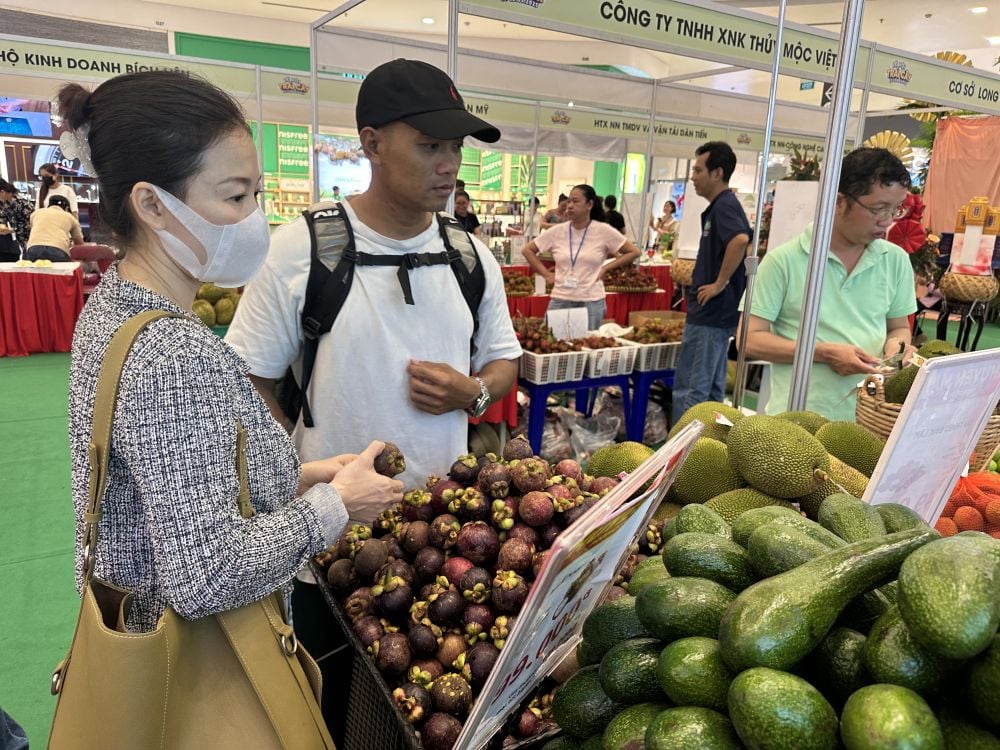
Create sustainable output
In recent times, the Department of Industry and Trade has implemented many solutions, accompanying enterprises and cooperatives to promote the consumption of agricultural products and local specialties in the supermarket system; enhancing the application of information technology in the production and consumption of OCOP products (Program "One Commune One Product"), typical rural industrial products, such as implementing a traceability system, displaying, connecting on e-commerce trading floors... The Department of Industry and Trade has also promoted and supported enterprises, production and business establishments to display on e-commerce trading floors, connecting trade with provinces; most recently, supporting participation in conferences to promote regional linkages in e-commerce development, e-commerce application programs and digital payment solutions.
In order to develop agricultural product supply chains, sectors and localities in the province focus on developing concentrated, large-scale commodity cultivation areas; at the same time, encourage and support enterprises, cooperatives and farming households to produce according to VietGAP and Global GAP standards, build geographical indications, register for collective trademark protection, build standard planting and farming areas to ensure the origin and quality of input materials for processing. Localities in the province actively attract investment, maintain agricultural product supply chains, expand markets, gradually build brands, and increase product value in the domestic and export markets.
Mr. Nguyen Hong Quyet, Director of Kim Long Melon Cooperative, said that the cooperative now has 30 hectares of melons. Currently, the cooperative's melons have been sold to most major supermarkets in the country, and are also exported to Japan and Singapore. Production according to orders helps units focus on production, ensuring the quality of products supplied to customers.
Although still at different levels, cooperatives operating in the agricultural sector in the province have boldly accessed credit sources to invest in equipment, machinery, build facilities, expand production and business, build brands, and apply higher standard processes. The production scale of cooperatives is increasingly expanding, diversifying business lines, exploiting the potential advantages of developing unique products, producing clean products, and linking product consumption chains. Mr. Le Minh Sang, Director of Tan My Fruit Tree Cooperative, said that the cooperative has a total cultivation area of over 62 hectares, including grapefruit, oranges, guava, apples, tangerines, etc. The total annual output is about 1,000 tons, with an average profit of 20 billion VND/year. Not only does the cooperative have the mission of connecting members and creating a value chain, but most importantly, it has solved the capital needs and provided better support policies for small-scale farmers. This is the key to bringing efficiency to the cooperative's production and business.
“Tan My Cooperative has built and registered labels, using electronic stamps (QR codes) to trace the origin. With these efforts, the cooperative's products are now available in many supermarkets nationwide. Particularly, the cooperative's grapefruit is exported to China, Singapore, Europe, etc. The cooperative also brings to the market by-products that go with fresh fruit such as salt and pepper,” said Mr. Le Minh Sang.
Mastering market regulations
According to Mr. Le Minh Sang, currently, in order for local products to enter large supermarkets, they need to meet technical standards, traceability, clear packaging labels, and stable and continuous supply capacity. On the producer side, the biggest wish is to be supported in standardization, OCOP certification, access to market information, and be trained in negotiation skills and signing commercial contracts.
A representative of Thanh Kien Guava Agricultural Cooperative (Phu Giao District) said that the unit mainly grows red-fleshed queen guava and Taiwanese guava. Since the product was recognized as a 3-star OCOP, the value of the cooperative's products has been enhanced, with a stable consumption market. Not only stopping at making logos and slogans, the cooperative also always strives to bring product quality along with the brand. In 2025, the cooperative will continue to register to participate in the OCOP Program to be recognized again, as a springboard for market development.
To reach out to the big sea, production units are closely monitoring the regulations of the export market. According to durian growing and trading establishments, the General Department of Customs of China currently has very strict requirements on food safety control and plant quarantine for durian exported from Vietnam. Specifically, exported durian must have an approved growing area code and packaging facility; not be contaminated with harmful organisms; ensure food safety in terms of pesticide residues, heavy metals, O-yellow, microorganisms and other prohibited substances... In the coming time, durian growers need to strengthen pest control, not use chemicals in the growing process, use effective biological products...
| Ms. Phan Thi Khanh Duyen, Deputy Director of the Department of Industry and Trade, said that proactive measures to promote trade and consumption of agricultural products and specialties will create a strong change in consumer awareness in prioritizing the choice and use of goods produced by domestic enterprises, creating sustainable output for local agricultural products and specialties. |
TIEU MY - ANH TUAN
Source: https://baobinhduong.vn/tich-cuc-tim-dau-ra-cho-san-pham-dia-phuong-bai-2-a348312.html


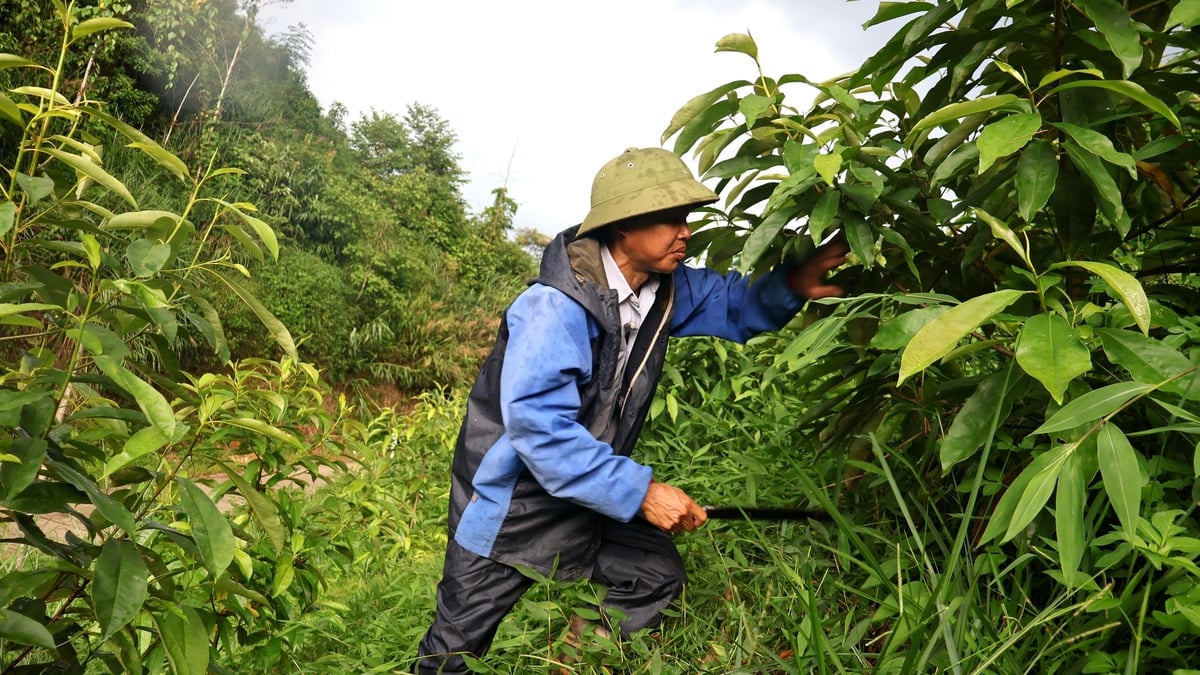
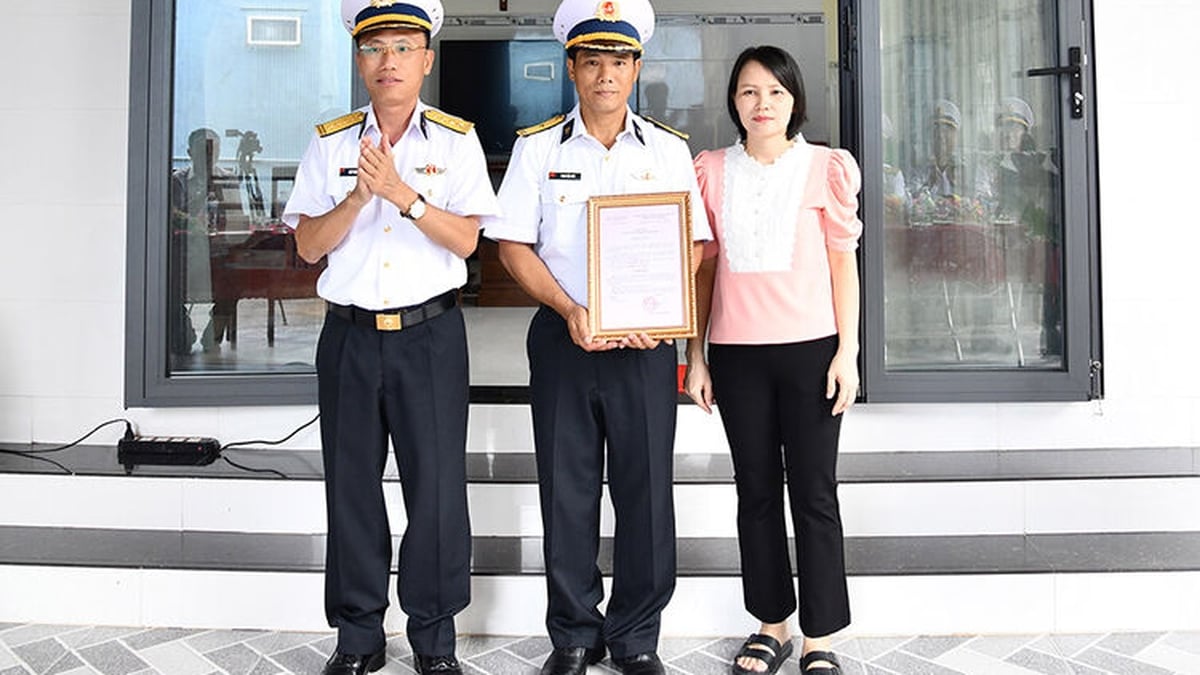
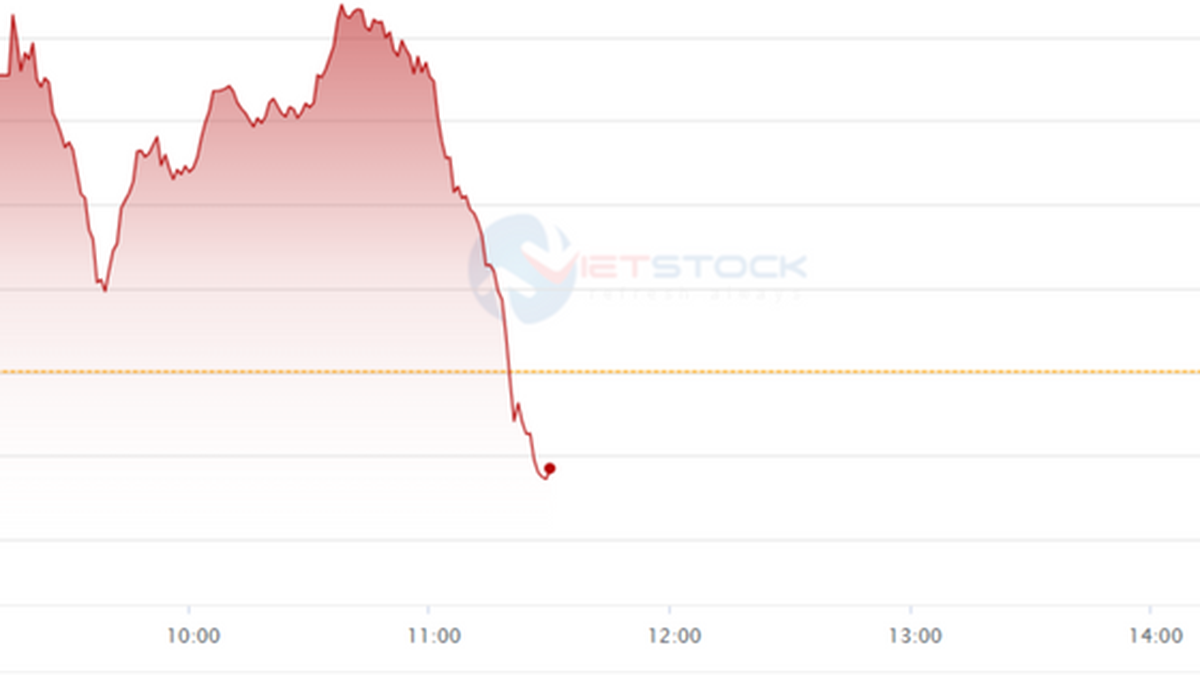

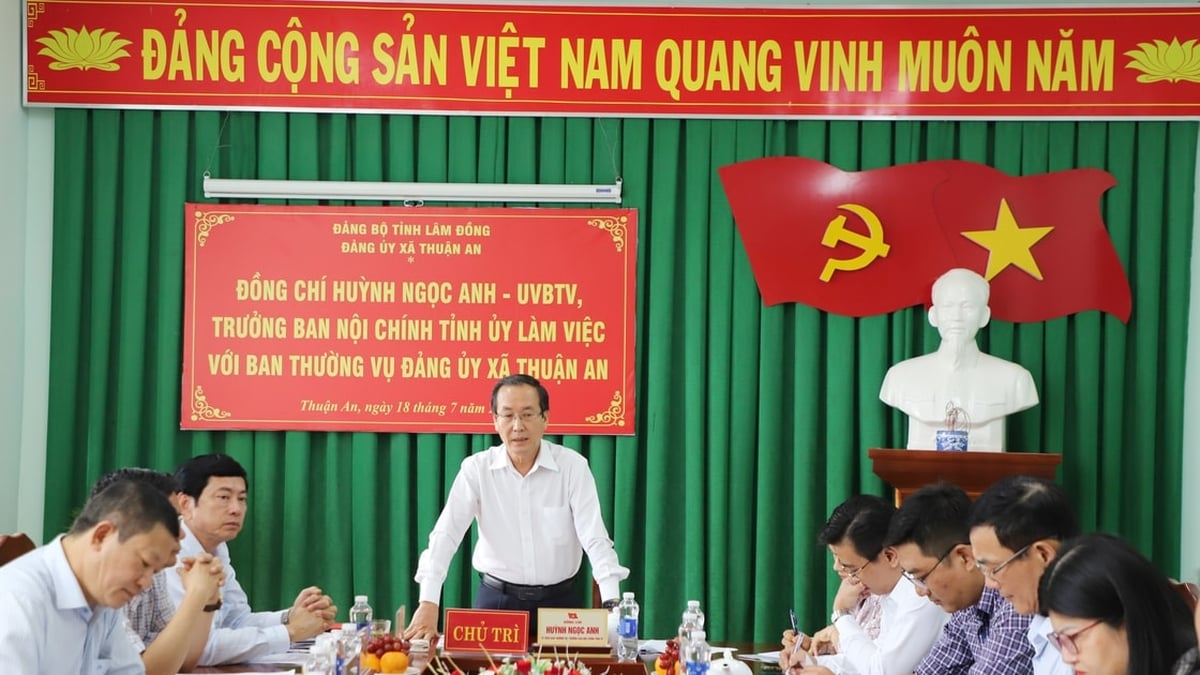


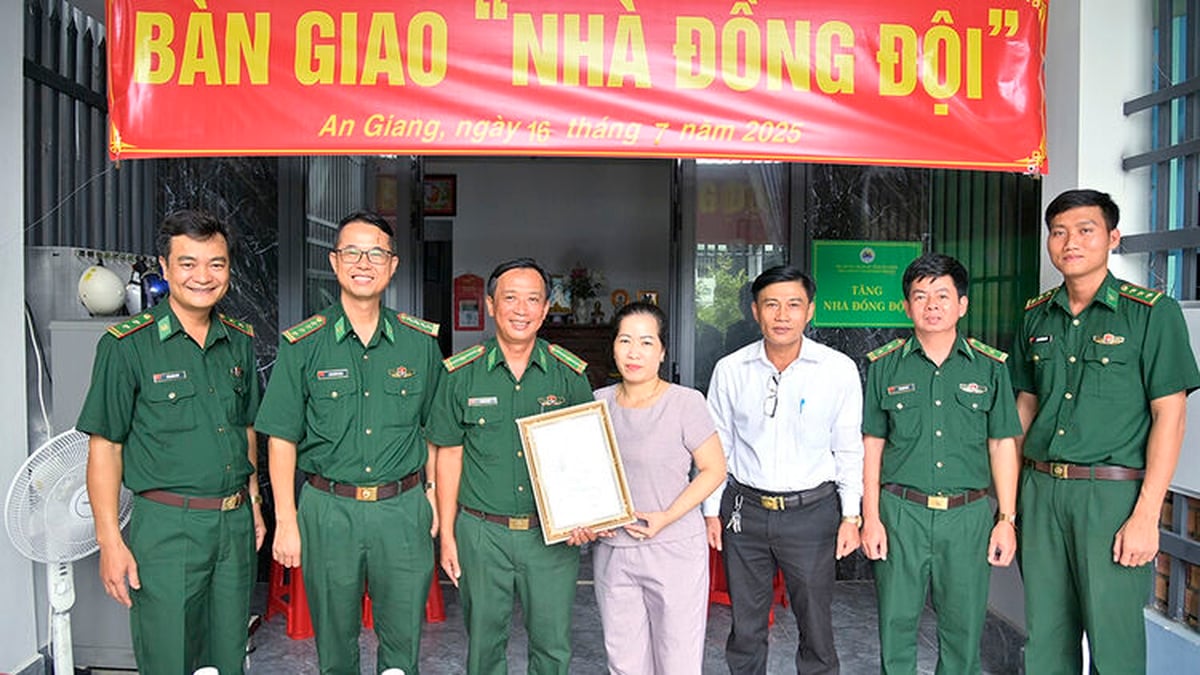

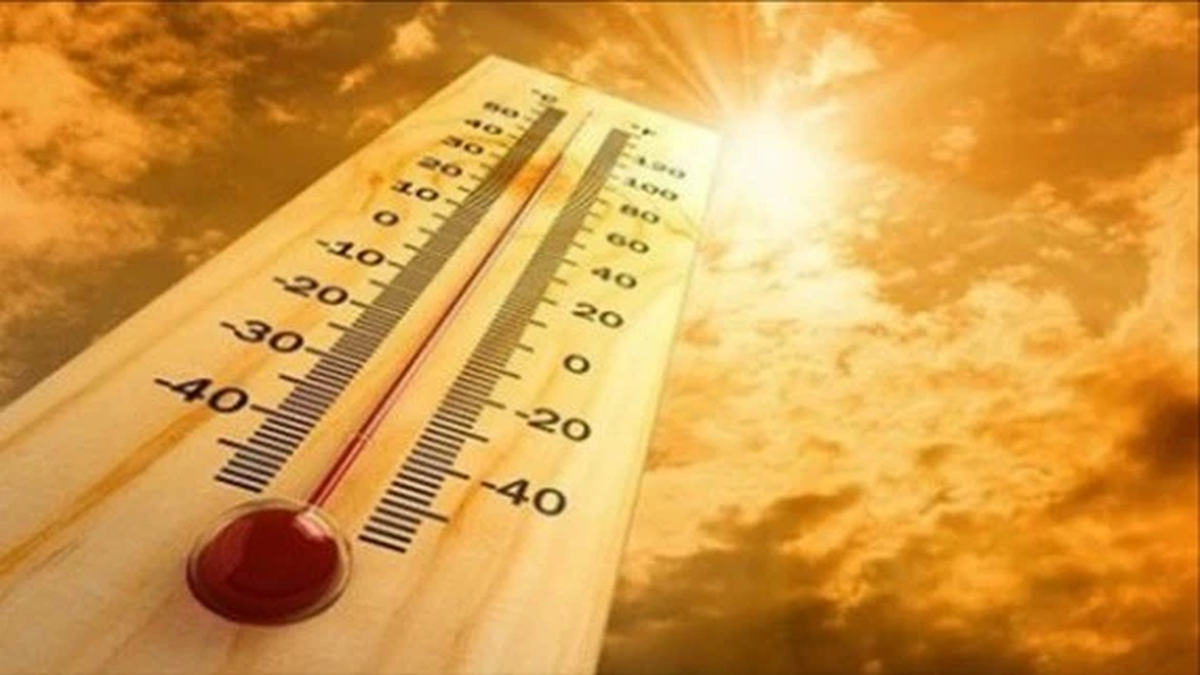








































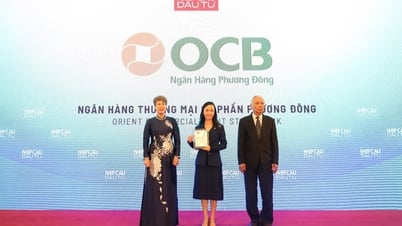

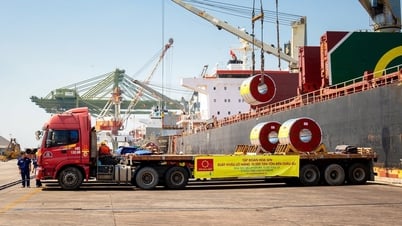





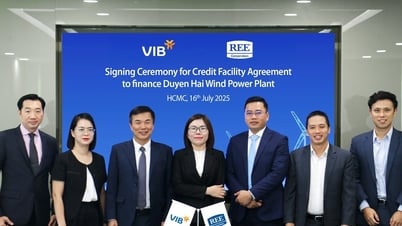





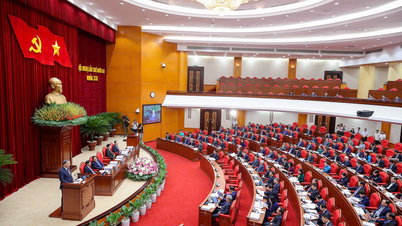









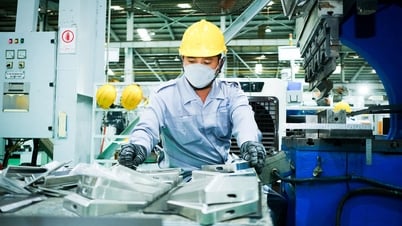

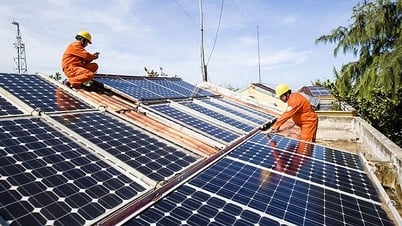









![[Infographic] In 2025, 47 products will achieve national OCOP](https://vphoto.vietnam.vn/thumb/402x226/vietnam/resource/IMAGE/2025/7/16/5d672398b0744db3ab920e05db8e5b7d)













Comment (0)